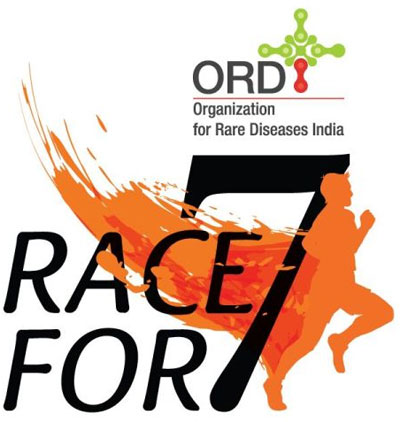AHMEDABAD: A city-based genetics researcher has found 12 unique variants of genes responsible for the neuronal ceroid lipofuscinoses (NCLs) — also known as Batten disease — in the Indian population. It’s a rare neurological disease with the prevalence rate of about one to eight cases per one lakh population globally.
In a paper titled ‘Batten disease: Biochemical and molecular characterization revealing novel PPT1 and TPP1gene mutations in Indian patients’ published in peer-reviewed journal BMC Neurology in December 2018, Dr Jayesh Sheth and his team from Ahmedabad discussed findings from 34 patients. Dr Sheth’s lab in Ahmedabad is the nodal centre for Batten disease research.
“The disease is a group of lysosomal storage disorder that causes neuro-degeneration affecting brain, eyes and nervous system,” said Dr Sheth. “In majority of the cases, the symptoms are manifested when the child gets a bit older. As there is no known cure for the condition, we are trying to find ways to improve screening at an early age.”
According to the research, NCL2 subtype is more prevalent in Indian population and the case volume was found to be higher in southern states. The study in total contributed four novel variants of PPT1 gene and eight in TPP1 gene mutation spectrum, providing a new insight into molecular pathology. Globally, over 200 novel mutations for both the genes at DNA level have been reported by medical experts.
Experts said that the need for better understanding of rare disease — majority of them associated with genetic mutation — is required for medical fraternity. Gene therapy is the only known method for a number of such diseases which is still out of reach for majority of population due to costs involved.



